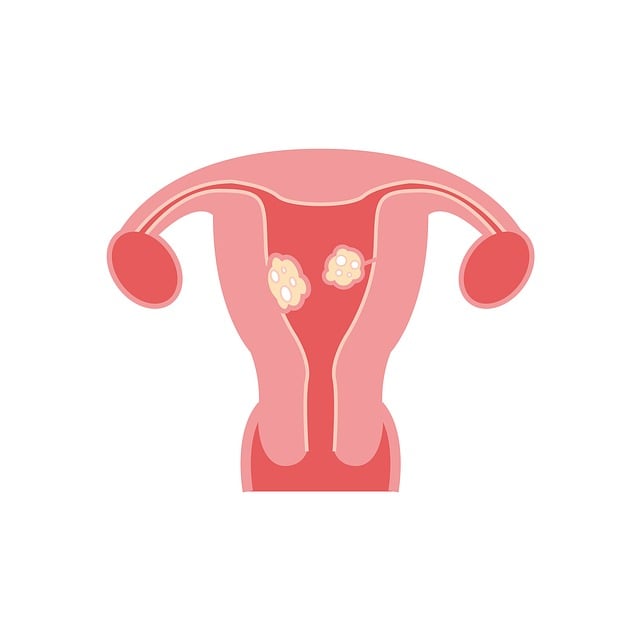Prolonged sitting, even during leisure, may double the risk of fibroid development in women, according to recent research. The study reveals that sitting for six hours or more each day significantly increases the likelihood of developing fibroids.
Sedentary lifestyle increases risk of fibroids
Fibroids are non-cancerous growths that develop in or around the uterus. Their symptomless nature often leads to undetected cases. Symptoms may include heavy menstrual bleeding, frequent urination, pain during sex, and back pain.
According to research, the risk of developing noncancerous growths increases with prolonged sitting or lying down. This behavior is also linked to the development of estrogen-dependent tumors, such as those of the ovarian, endometrial, and breast areas.
The study, conducted by Kunming Medical University in China, examined data from 6,623 women aged 30 to 55. The data included various factors like menstrual history, reproductive history, contraceptive use, childbirth information, diet, sedentary activities, body measurements, and physical exercise.
The study examined sedentary leisure activities such as board games, screen time, reading, and knitting, finding that 8.5 percent of women (562 individuals) had uterine fibroids, and prevalence increased with age. Factors associated with uterine fibroids included body weight, live births, menstrual status, time since last birth, physical activity levels, and sedentary leisure time.
Perimenopausal women at increased risk of fibroids
Extended sedentary leisure time increases the risk of fibroids, especially in women engaging in such activities for six or more hours daily, as they face double the risk compared to those with less than two hours of sedentary time. Additionally, perimenopausal women are at a five times higher risk. Researchers suggest that the link may be attributed to higher obesity rates among more sedentary individuals, as obesity is a recognized risk factor for fibroids.
Dr. Qiong Meng from the university’s School of Public Health explains that uterine fibroids are the most common noncancerous tumors in women of childbearing age, with prevalence ranging from 4.5% to 69%. While some women may not experience any symptoms, others may suffer from abnormal bleeding, pelvic and abdominal pain, and infertility.


